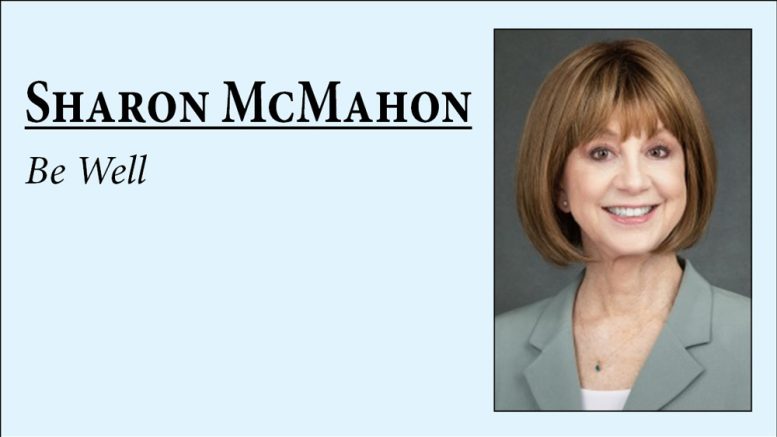“Long may you run, long may you run, although these changes have come.” – Young/Stills
Longevity … a popular word these days. Would that I had a dollar (inflation, you know …) for every time I hear that word used in talk, news, and print formats. Of course, this focus is due in large part to us baby boomers who have fully realized that we cannot take mental acuity and physical stamina for granted. (For those Neil Young fans out there, yes I know that he wrote this song about his car, so please excuse the use of artistic license here!)
It is a well-known fact that moderate exercise can help prevent slowing processes that come with age, as it enhances blood flow to the brain (which can reduce the risk of stroke). It also improves cognitive processing and slows down the degeneration of the nervous system. The key to a fitness plan is to not think of it as short-term punishment that you have to “put up with” but to make it part of your daily routine. After a few weeks it will become second nature to you.
Additionally, it is important to remember that you only have to lose a small amount to see large health benefits. Losing just 5 to 10 percent of your body weight can lower blood pressure, cut your risk of diabetes and heart disease, and lower your intake of bad cholesterol.1 Social interaction and mind-boosting activities are also vital to your longevity.
Let’s see … what is an activity in which most of us participate every day? Could it be … walking?! This simple act will bring significant benefits to your heart and your weight. If you aim for 10,000 steps per day (or even less) you will feel the difference. And if you feel like skipping – go for it and increase your calorie burning! The key to a plan or program which will keep you focused on activity is to find what you enjoy, vary your activities by biking, dancing, swimming – or whatever keeps you moving.
Don’t forget the resistance training which can raise the metabolic rate by about 30 to 50 calories per day. Over a three-month period, appropriate training will produce about three-pound of muscle which will boost your resting metabolic rate by about 7 percent. Do you have a favorite TV or internet program you watch two to three times each week? Make that your resistance training time as well while you watch or listen to your program!
Many of you who read my column regularly know that I am passionate about the importance of flexibility training for your body. Without it, none of the above suggestions will give you maximum results and can lead to injury. Your joints can tighten and become thicker as you age, but flexibility exercises can help increase mobility. Bending, rotating, and extending your joints prevents injury so choose a good, gentle stretching regimen four or five days a week. The key word is gentle with no vigorous forward or side twists.
One of the best books I have read of late which address cognitive decline in particular is Dr. Sanjay Gupta’s Keep Sharp, which is a comprehensive but very readable explanation on how our brains age and what we can and should do to make the most of our brain health. Dr. Gupta is a world-renowned surgeon and neurologist who succinctly states the case.
My most important recommendation, before implementing any of the suggestions mentioned above, is that you have a complete physical to determine any contraindications to any of these activities. In particular, if you are over 50 years of age and have had little or no physical activity for some time, please begin with your physician’s examination which can address or uncover issues which may help you to plan your fitness program.
The key to your success lies within you; find activities that help you feel better, look better, and increase your energy and longevity. And, dear Readers, although these changes may have come … long may you run!
1 Washington University School of Medicine, St. Louis
Sharon McMahon, CNWC
The opinions expressed in this article are not intended to replace advice of your personal physician or licensed health professional. Please consult your physician for any issues you may have related to nutrition or fitness activity.

